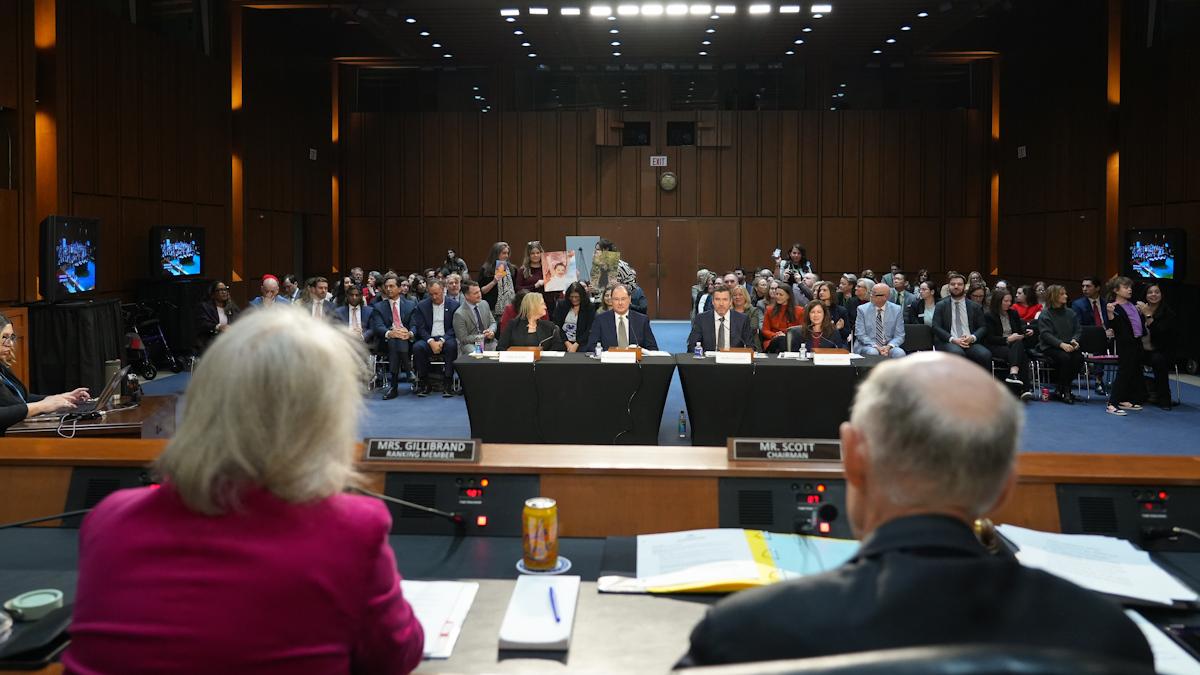FDA under fire from own adviser over opioid policy

An adviser to the FDA has said that the organisation is at war with itself over its policy towards opioid drugs, accusing the organisation of failing to learn lessons from the addiction crisis that has killed hundreds of thousands of Americans over the past 20 years.
In an interview with the Guardian, Dr Raeford Brown said that there is “a war” within the regulator over opioid policy, accusing it of putting the interests of painkiller manufacturers ahead of public health.
Brown is chair of the FDA’s Anesthetic and Analgesic Drug Products Advisory Committee, which gives non-binding advice about whether to approve painkillers and related products.
The FDA does not have to follow the advice of its advisory committees, but it usually does, and in November approved AcelRx Pharmaceuticals Dsuvia (sufentanil), an under the tongue sublingual formulation of the powerful opioid drug.
This followed a 10-3 vote in favour of approval from the committee chaired by Brown.
At the time of approval, FDA Commissioner Scott Gottlieb said in a statement that the Department of Defense had worked closely with the manufacturer during the drug’s development, making it a “priority medical product” for treating soldiers on the battlefield.
Although it is restricted to health care settings, such as hospitals, surgical centres, emergency departments and potentially battlefield hospitals, Brown said that the FDA should stop reviewing any new opioid drugs.

Raeford Brown
Brown said: “They should stop considering any new opioid evaluation.
“For every day and every week and every month that the FDA don’t do the right thing, people drop dead on the streets. What they do has a direct impact on the mortality rate from opioids in this country.”
In the forthright interview, Brown said he has lost confidence in the FDA’s assurances that it was taking the epidemic seriously and is prepared to put public health above pharma’s commercial interests.
“I think that the FDA has learned nothing. The modus operandi of the agency is that they talk a good game and then nothing happens. Working directly with the agency for the last five years, as I sit and listen to them in meetings, all I can think about is the clock ticking and how many people are dying every moment that they’re not doing anything,” said Brown.
“The lack of insight that continues to be exhibited by the agency is in many ways a willful blindness that borders on the criminal.”
Concerns over Dsuvia review
There have been question marks over the review process for Dsuvia, which has already been approved in Europe under the brand name Dzuveo.
Four US senators had already written to Gottlieb, urging him not to approve Dsuvia, including Senator Joe Manchin of West Virginia, a state that has the highest rate of opioid overdose deaths in the country.
The Senators had been concerned about the intervention from the military to get the drug approved – it had been rejected by advisers in 2017 over safety concerns.
But when the biotech refiled the drug, members from the agency’s drug safety committee were not invited to the meeting.
The meeting backing Dsuvia convened at a time when Brown was absent at a professional conference in San Francisco.
The FDA did not respond to Brown’s criticisms in the Guardian article.













